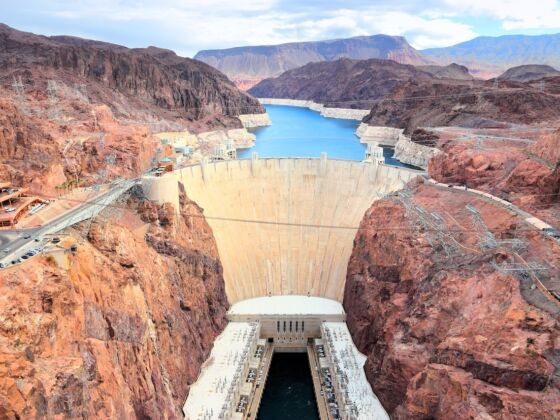This is The Climate Win, the most positive sustainability news around the world every week.
Something unexpected happened this week. Hydropower companies and environmental groups reached an agreement to work together on addressing issues important to both sides. Specifically, both sides announced in a joint statement that they would work together to increase dam efficiency and production while reducing the environmental impacts of creating hydroelectric power.
